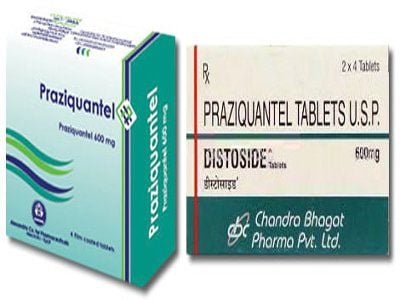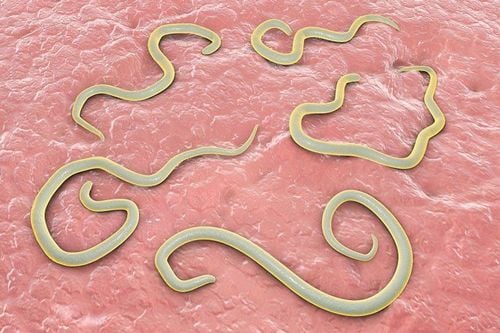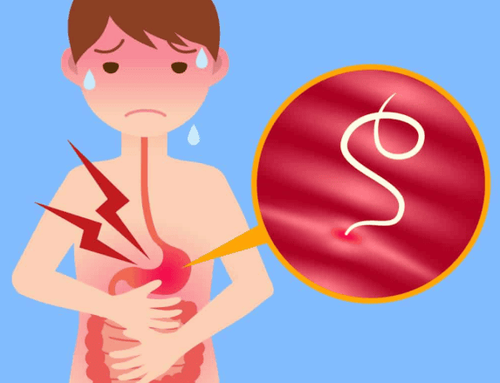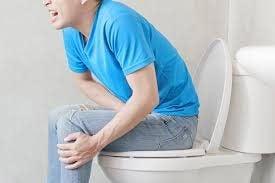The article is expertly consulted by Doctor Nguyen Thai Ngoc Chau - Department of Pediatrics - Neonatology - Vinmec Phu Quoc International General Hospital.
In low-income countries, children can get infected with worms soon after they stop breastfeeding and may face reinfection throughout their lives. Worm infections rarely cause immediate harm but often lead to chronic conditions, negatively affecting a child’s health, nutrition, learning ability, and overall development.
1. Why do children need regular deworming?
Worm infections can cause many negative effects on a child's health, such as:
- Loss of appetite and poor nutrient absorption: Long-term worm infestations reduce the absorption of essential nutrients, leading to vitamin deficiencies. Children may lose their appetite and find food less appealing.
- Nutritional deficiencies: Worms consume nutrients in the body, causing anemia and protein deficiencies.
- Poor physical and mental development: Prolonged nutritional deficiencies caused by worm damage lead to poor growth in children, both physically (weaker health, stunted growth compared to peers) and mentally (difficulty concentrating and declining academic performance).
- Risk of serious diseases: Untreated worm infections can lead to severe health conditions, such as appendicitis, intestinal blockage or perforation, and cardiovascular disorders caused by heavy roundworm infestations. In girls, prolonged pinworm infections may cause vaginal inflammation, fallopian tube infections, and urinary tract infections.

2. Why are children more susceptible to worm infections?
Children are more prone to infections due to their weaker physical condition, poor nutrition, limited awareness, and behaviors that increase the risk of worm exposure, such as:
- Playing in dirt or sand and not having their nails trimmed regularly.
- Crawling on floors or ground surfaces and not wearing shoes often.
- Lacking awareness of the importance of personal hygiene.
- ontacting contaminated surfaces, such as soil in playgrounds or infected pets.
- Having unclean hands and feet, and frequently puttig toys or other objects into their mouths.
- Poor hygiene practices or inadequate cleaning, such as dirty bedding, mattresses, or littering in their rooms.
- Coming into contact with infected adults.
- Consuming food or drinks contaminated with worms, often due to improper washing by adults.
3. Modes of Worm Transmission
Worm infections are transmitted through worm eggs present in the feces of infected individuals, which contaminate the soil. Adult worms live in the intestines and produce thousands of eggs daily. Once excreted into the soil, these eggs contaminate the ground, especially in areas with poor sanitation.
Roundworms, whipworms, and pinworms are transmitted through the digestive tract. This happens when consuming contaminated food or water, such as unwashed or improperly cooked vegetables, raw greens, or drinking water with worm eggs. Children playing in contaminated soil may also get infected when they put their hands in their mouths.
For hookworms, their eggs hatch into larvae in the soil, which then enter the human body primarily by penetrating the skin (usually the feet or hands). People are commonly infected with hookworms due to the habit of walking barefoot on contaminated soil. Hookworm infections are not directly transmitted from person to person or through fresh feces. Since worm eggs are excreted in feces, they require about three weeks to develop into larvae that can cause infections. Once adult worms cannot reproduce within the host (humans), reinfection only occurs when individuals come into contact with the infectious stage of the parasite in the environment.
4. Types of Worms and Their Symptoms
- Roundworms: Children infected with roundworms often experience digestive issues such as abdominal pain around the navel, nausea, and even vomiting or passing worms in their stool.
- Whipworms: Multiple whipworm infections can cause abdominal pain, nausea, and digestive disorders in children. Severe cases may damage the large intestine lining, resulting in mucus and blood in the stool.
- Hookworms: The most common symptoms include dizziness, fatigue, loss of appetite, dull abdominal pain, pale skin, and anemia.
- Pinworms cause itching around the anus, leading to frequent scratching and a higher risk of infections. Children may also become irritable, have trouble sleeping, and pass stool mixed with blood and mucus.
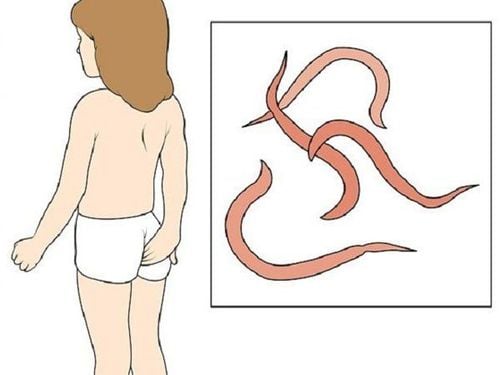
5. World Health Organization (WHO) Recommendations on Regular Deworming for Children
How often should children be dewormed? According to the WHO, proper deworming for children should follow these guidelines:
Children should take deworming medicine like albendazole (400 mg) or mebendazole (500 mg) every six months. This recommendation applies to all children aged 12–23 months, preschool-aged children (1–4 years old), and school-aged children (5–12 years old, or up to 14 years in some areas) living in regions where the prevalence of any soil-transmitted worm infections in children is 20% or higher. The goal is to prevent diseases caused by soil-transmitted worms.
6. Ways to Prevent Worm Infections
Children often play in areas with dirt, sand, grass, and other public spaces, making them highly susceptible to worm infections. While worm infections can be easily treated with deworming medication, reinfection can occur if additional preventive measures are not taken. Here are some tips to reduce the risk of intestinal worm infections in children:
- Wash fruits and vegetables thoroughly before use. Check them for signs of contamination before eating. Avoid eating fruits or vegetables if any part of them appears contaminated.
- Avoid eating raw meat, especially pork and fish.
- Do not let children play barefoot on grass, mud, or other outdoor areas.
- Drink boiled water every time, and avoid drinking from public water sources unless you are sure it is safe.
- Use swimming pools that meet hygiene standards.
- Practice personal hygiene: Regularly clean children’s hands and feet before and after meals; wash hands thoroughly after using the toilet; avoid using dirty hands to handle food.
- Eat cooked food and drink boiled water: Food and water should be properly cooked.
- If serving raw fruits or vegetables, ensure they are cleaned thoroughly before consumption. Cover food to protect it from flies. Use clean water sources for drinking and cooking.
- Maintain a clean living environment: Keep the house and living spaces clean. Avoid stagnant water, dirt, or other conditions that provide an ideal environment for worms to thrive.
- While these preventive measures may not completely eliminate the risk of worm infections, they significantly reduce the chances of infection for both children and their families.
To arrange an appointment, please call HOTLINE or make your reservation directly HERE. You may also download the MyVinmec app to schedule appointments faster and manage your reservations more conveniently.





